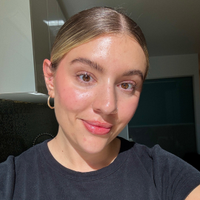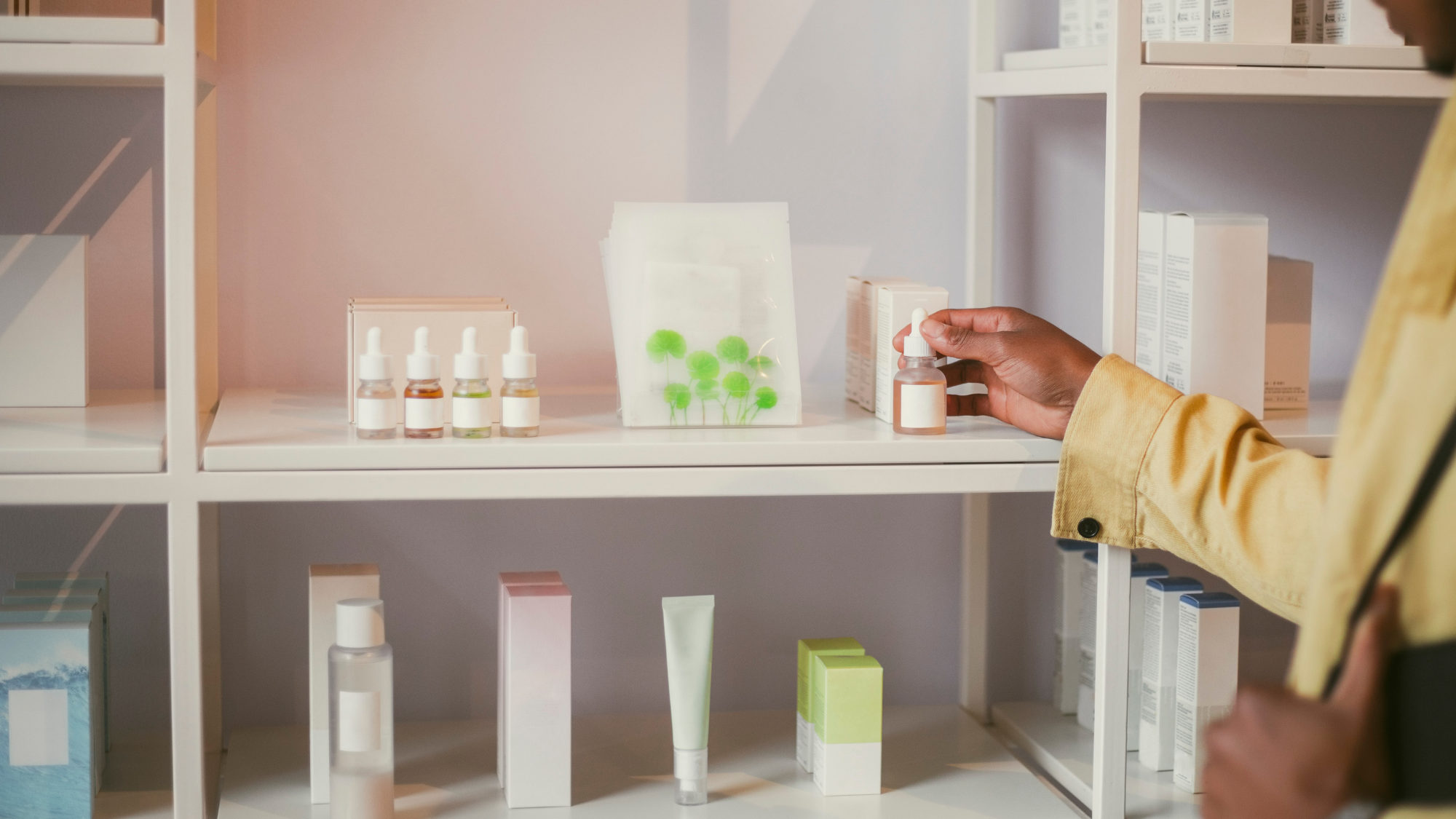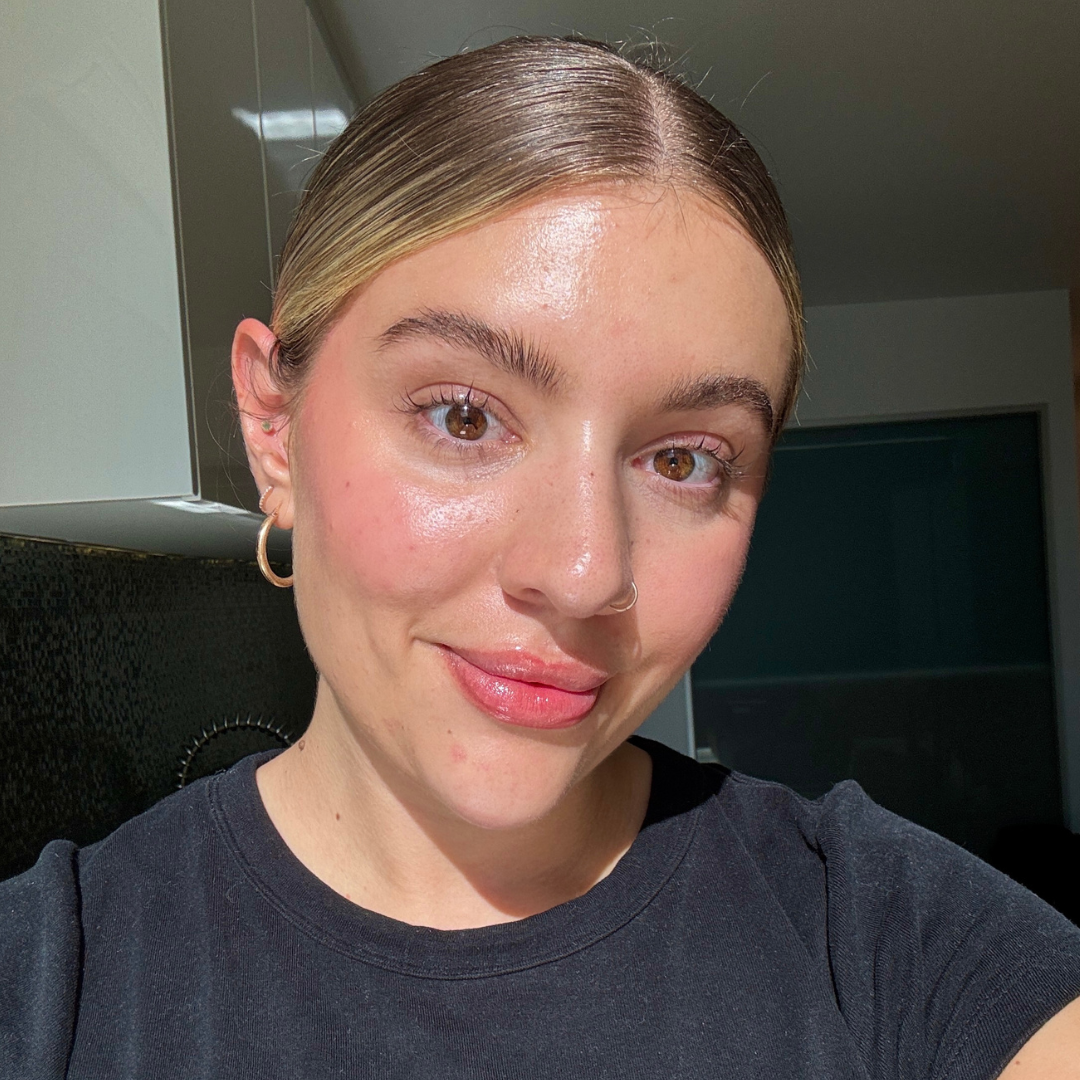From Sunscreens to Skincare: What It Actually Means When a Beauty Product Is Recalled
How product recalls happen—and why they matter


If you keep up with beauty industry news and gossip, you’ll likely feel that recently, skin, makeup and hair products are being recalled left, right and centre. It almost seems as though every month, we wake up to news of something else being pulled from the shelves, and it’s normal to not really understand why. Here’s what you need to know about the process, why it happens, and most importantly, what you should do if one of your products is affected.
While recalls have always been a ‘thing,’ there’s been more chatter around them lately than normal. One of the biggest talking points has been Ultra Violette’s removal of its Lean Screen SPF from the shelves. After undergoing independent testing, the brand found that their findings “demonstrated significant and, candidly, atypical variability,” in terms of the product’s sun protection factor. Labelled as SPF 50+, eight different tests of Lean Screen returned SPF data of 4, 10, 21, 26, 33, 60, 61, and 64. Ultra Violette immediately recalled the formula, and is offering refunds to those affected.
A post shared by Ultra Violette Australian Sunscreen (@ultravioletteau)
A photo posted by on
Products across other categories within wellness have also been affected lately; for example, a children’s gummy vitamin product was found to contain levels of melatonin, a prescription-only medication in the UK. This similarly led to their removal from the shelves.
And then there are some other prominent recalls from the past few years, of which Batiste’s dry shampoo is perhaps the most memorable. In 2023, concerns were raised over whether the product could contain levels of Benzene, which ultimately culminated in a $2.5 million settlement.
In short, there have been several high profile cases of late, making it more important than ever to understand what recalls are all about, from a consumer point of view.
What exactly is a product recall?
Put simply, a product recall is when a certain item (beauty or otherwise) is removed from shelves due to any number of concerns related to safety. “A recall is essentially a brand or regulator saying, stop using this product, it is not meeting the safety or performance standards it promised,” explains Rani Ghosh, Registered Toxicologist. “Sometimes it is voluntary, where the brand pulls the product to protect consumers through an abundance of caution, and other times it is mandatory, ordered by regulators.”
More specifically in beauty, she says, this could mean a product “is not doing what it claims (for example, a sunscreen not providing the stated SPF), or that there is a risk to consumer health, such as product contamination or incorrect labelling.”
Celebrity news, beauty, fashion advice, and fascinating features, delivered straight to your inbox!
Why does it happen?
This is where it gets interesting. As mentioned by Ghosh, beauty products most commonly are recalled if they are not up to par in terms of claims related to safety or efficacy (like with sun protection factors) or a risk to consumer health – and this usually relates to ingredients.
“Around 80% of cosmetic recalls globally are due to microbial contamination. This happens when bacteria or fungi find their way into a product because preservation has failed,” reveals Ghosh. “For consumers, that can mean a jar of cream or sunscreen that looks perfectly normal but may be carrying invisible germs that cause irritation or, in rare cases, infection.”
Another ingredient-related reason is if a product is found to contain prohibited or undeclared ingredients. “Often the ingredient in question carries a tag such as ‘a known carcinogen in animal studies at high doses’. That does not mean the trace amount in a cosmetic will cause harm, because risk always depends on exposure, but it understandably raises concern because consumers expect full transparency and strict compliance,” says Ghosh.
Kamal Kaur, Founder & Principal Regulator at The Cosmetic Regulator, confirms that “the most common reason [for recall] is if there is a safety issue.” She does argue that ingredient-related recalls are still not exactly ‘common’, because “all cosmetic products on the market should be compliant to the relevant regulations.” However, she notes, “if a product contains a banned ingredient or testing has revealed that an ingredient is present above the permitted maximum use level, then the product should be recalled.”
A post shared by The Cosmetic Regulator (@thecosmeticregulator)
A photo posted by on
What should you do if a product you use has been recalled?
“If a product you have has been recalled, consumers should contact the brand without delay and stop using the product,” recommends Kaur. Reputable brands will also offer refunds, and/or product vouchers (as is the case with the UV situation). In terms of further compensation, Ghosh explains that this can be a convoluted – and often unsuccessful – endeavour.
“Most cases stop at refunds because proving that harm was caused by a cosmetic product is extremely difficult… Litigation tends to arise only in rare situations where there is widespread, well-documented harm. For the average consumer, the practical step is to stop using the product, claim your refund, and move on to a brand that earns your trust by the information it shares.”
Also try not to worry; product recalls are here to protect us, as is the law surrounding beauty products. “Should we expect more recalls like this [Ultra Violette’s]? Possibly, but that is not necessarily a bad thing. It shows the system is catching issues and it pushes all brands to raise their game,” says Ghosh. “The UK & EU have processes in place to ensure the compliance and safety of cosmetic products to the relevant regulations,” adds Kaur.

Rebecca is a freelance beauty journalist and contributor to Marie Claire. She has written for titles including Refinery29, The Independent, Grazia, Coveteur, Dazed, Stylist, and Glamour. She is also a brand consultant and has worked with the likes of The Inkey List on campaign messaging and branded copy. She’s obsessed with skincare, nail art and fragrance, and outside of beauty, Rebecca likes to travel, watch true crime docs, pet sausage dogs and drink coffee. Rebecca is also passionate about American politics and mental health awareness.